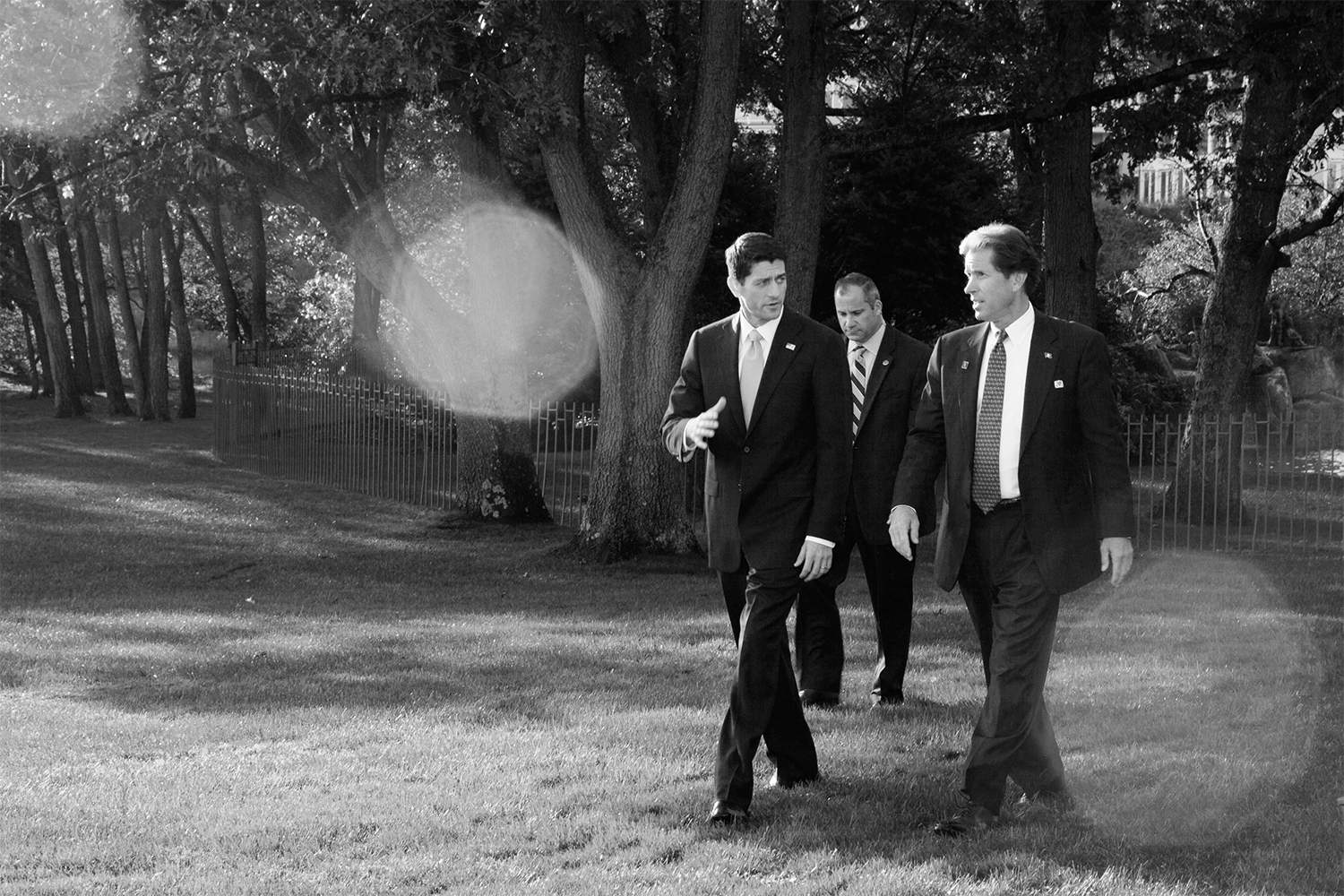
Second Acts
Looking to switch gears and start a new career? You’re not alone. Meet eight alumni who drew on their Tuck experience to pursue a new passion later in life.
By Kirk Kardashian
Jul 15, 2016

Looking to switch gears and start a new career? You’re not alone. Meet eight alumni who drew on their Tuck experience to pursue a new passion later in life.
First Act: Scott Frantz came to Tuck hoping to enter to the mergers and acquisitions industry after graduating. He got his wish, joining a new M&A team at Banker’s Trust. But after five years of 14-hour workdays, he needed to find something a little less intense. So Frantz and some friends put together a private equity and venture capital business, riding the growth in eastern Europe after the fall of the Berlin Wall and capitalizing on the venture cycle from the dot-com boom.
Second Act: In 1993, Frantz joined the Connecticut Economic Development Authority. He found the work fascinating, and served as its chairman for six years. Then he chaired the board of directors of Connecticut’s Bradley International Airport. In 2008, after some deep thought on his love of public service, he campaigned to be the state senator of the 36th district, which includes the communities of Greenwich, New Canaan, and Stamford. He won the election, and Frantz is currently serving his fourth term in the state capitol, focusing on issues such as job creation and fiscal responsibility.
On Tuck: “Tuck is not just a business school equipping students with all the tools they need to go out and become wildly successful business people,” Frantz said. “It also gives them all sorts of opportunities to work on the all important communications abilities everyone has to have, no matter what they’re doing. Being articulate, honest, reliable, trustworthy—those are values that Tuck defines. Tuck was an outstanding training ground for being a senator.”
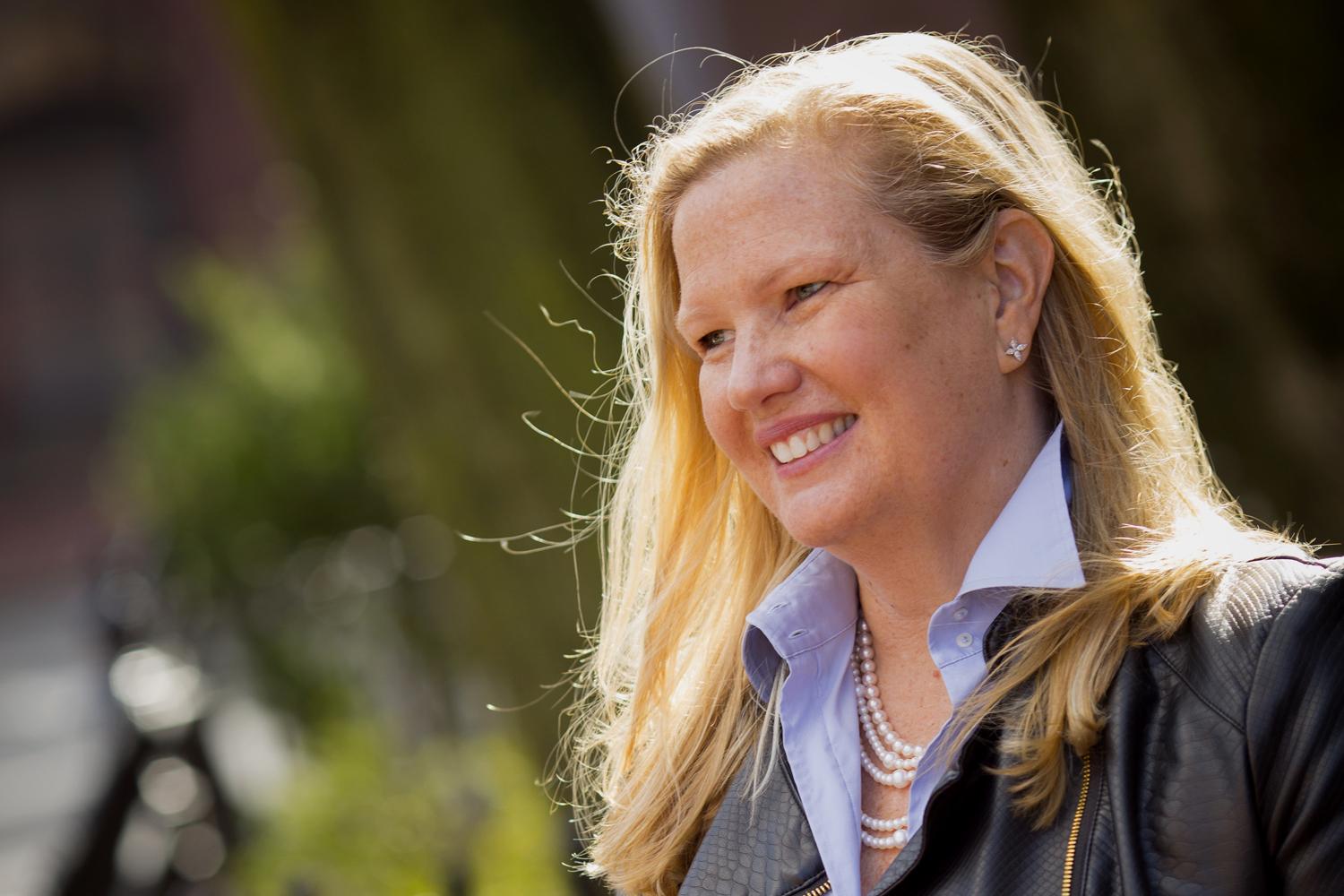
Second Act: In 2013 she realized she could start a viable business on her own by focusing on her career-long passion for helping new graduates and young professionals transition into the business world.
On Tuck: “Tuck gave me the courage to start JobCoachAmy,” she said, “and I would not have known that it could really work had I not been able to do the market research, the business model, and the financial projections on my own.”
First Act: Clayton Simmers tried a variety of jobs after Tuck. He started in media banking at Merrill Lynch in Manhattan, then moved to San Francisco to work for Excite@Home, where he saw the company’s fortunes rise and fall like so many other dot-com-era businesses. When the bubble burst, Simmers and his wife Susan C. Hamill Simmers T’96 moved back to the Upper Valley, and Simmers began working in Tuck’s Career Development Office.
Second Act: Working at Tuck, in the education field, reminded Simmers of his first and favorite job after college: teaching English in the Czech Republic. He decided to give teaching another shot and found he still enjoyed it immensely. After a year of training with the Upper Valley Educator’s Institute, Simmers obtained his teaching degree and landed a job teaching third grade at the Bernice A. Ray Elementary School in Hanover, where he has worked for the past six years. “What really drives me is making an impact on kids, helping them develop an interest in school, and seeing the light bulbs go off,” Simmers said.
On Tuck: “What I draw on most in teaching is what I learned in Management Communications,” he said. “Before Tuck, I didn’t like public speaking very much, and now that’s what I do all day and it’s great.”
First Act: Gene Hornsby worked in a variety of roles—finance, IT, and manufacturing—at Analog Devices for 39 years, helping the company grow from $23 million in annual sales to more than $3 billion. “It was a wonderful place to work, and I enjoyed every minute of it.”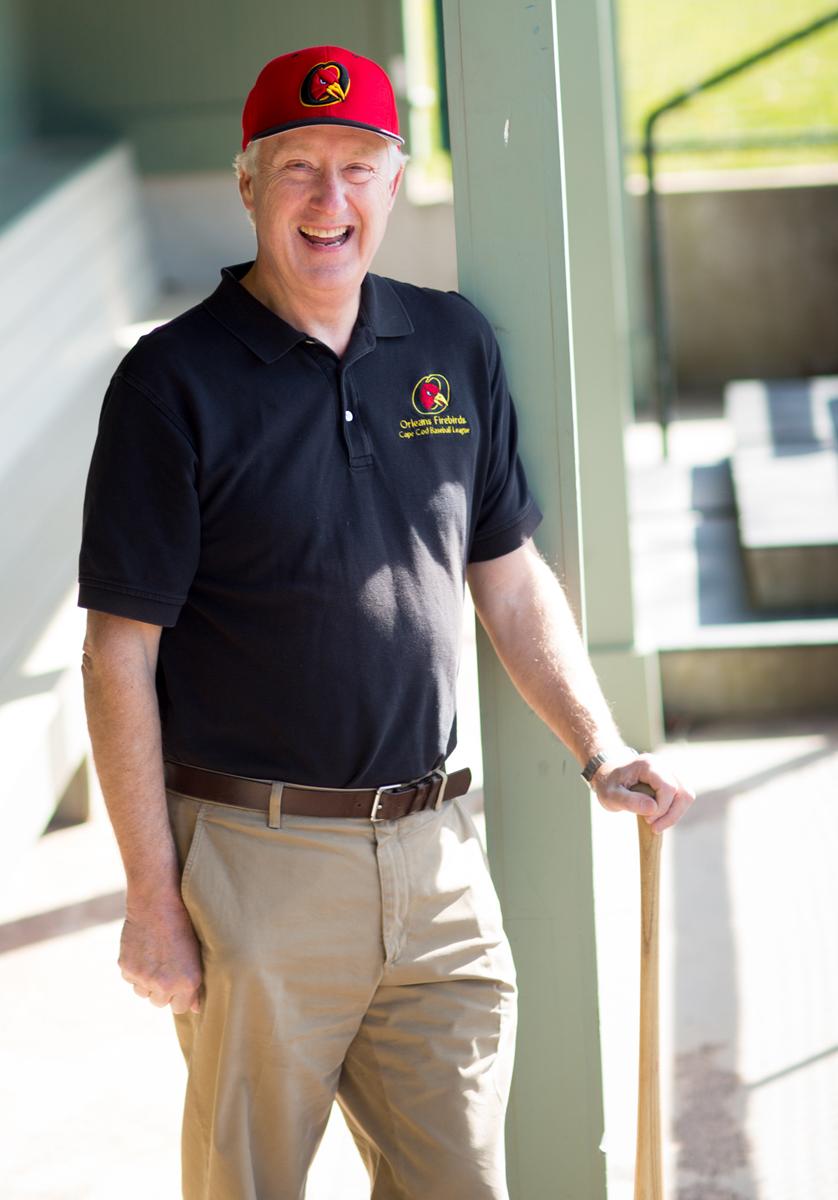
Second Act: A Red Sox season ticket holder for more than 40 years, Hornsby is an avid baseball fan. While at Analog, he had been advising the Orleans Firebirds, one of 10 teams in the Cape Cod Baseball League, where elite college players go in the summer to get noticed by Major League scouts. After Hornsby retired from Analog, the opportunity arose to be the Firebirds’ president, and he was more than happy to take it.
On Tuck: “The preparation I got at Tuck, in terms of strategy, marketing, and finance—all those skills are crucial in this job,” Hornsby said.
First Act: Curt Welling traded Hanover for a job on Wall Street with First Boston (now Credit Suisse) and within three years was leading the mortgage finance division, something he helped pioneer. “Because of my Tuck education, I understood capital asset pricing, volatility, option valuation theory,” he said, “and thanks to [professor] Brian Quinn I also had the strategy perspective, so I could think broadly about the business.”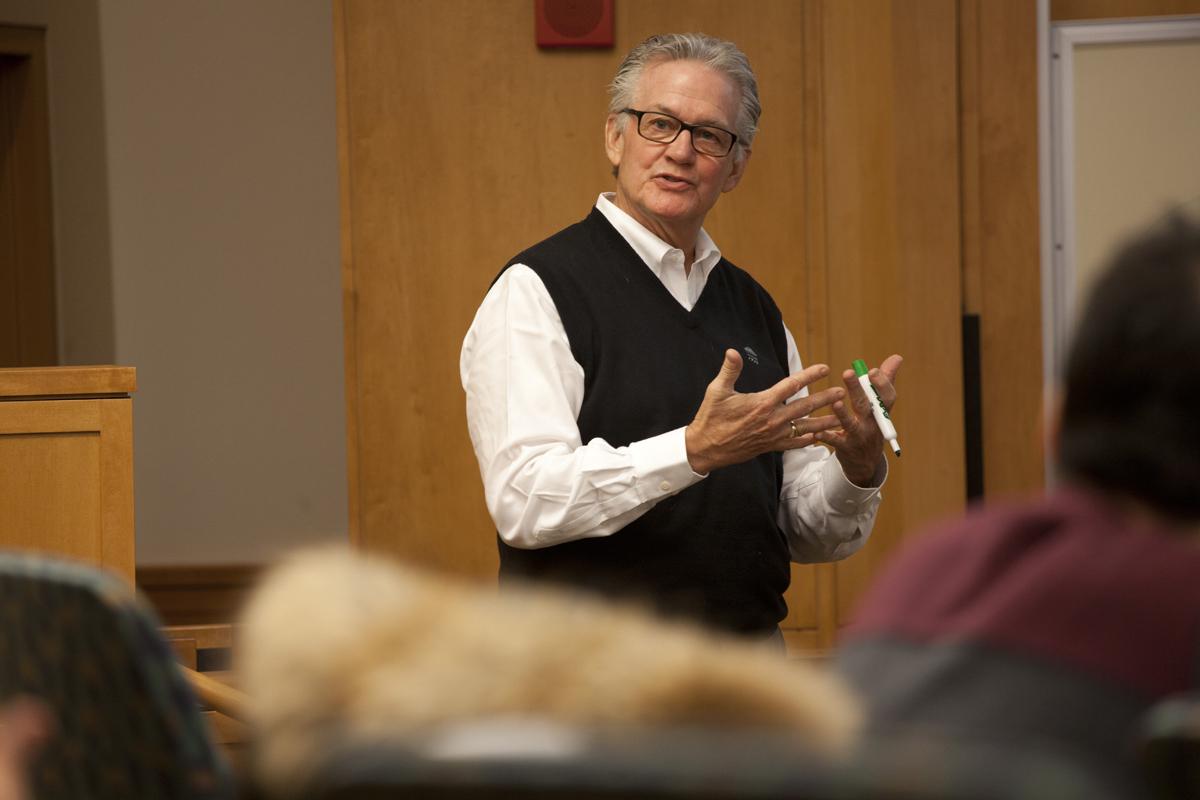
Second (and Third) Acts: Welling always had his long-term sights set on work in the nonprofit sector, and after 9/11 he decided to leave finance and search for the right organization to lead. He found it in AmeriCares, a disaster relief and global health provider that was looking for a CEO to replace the organization’s founder. He spent 11 years there, growing the staff to 250, annual revenue to $30 million, and giving out $9 billion in pharmaceuticals to countries in need. After AmeriCares, Welling still had more to do. He became interested in what happens at the intersection of government, business, society, and markets. He had worked with the Allwin Initiative at Tuck (now the Center for Business & Society), so he inquired about other opportunities at his alma mater. Today, he’s a senior fellow in both the Center for Global Business and Government and the Center for Business and Society, and teaches a course on the evolving “social contract.”
On Tuck: “Thinking about how to create and govern institutions to make them more effective, and strategies for bringing more capital to the table through impact investing or social entrepreneurship—Tuck has a great opportunity to bring disciplined analytical perspectives to students on these important concepts,” Welling said.
First Act: By the time Kristen Balderston had her first child, she had worked in marketing for Parker Brothers and James River Paper, and as an administrator at Cornell University. Then her job was to be a mom to her two kids for more than 20 years.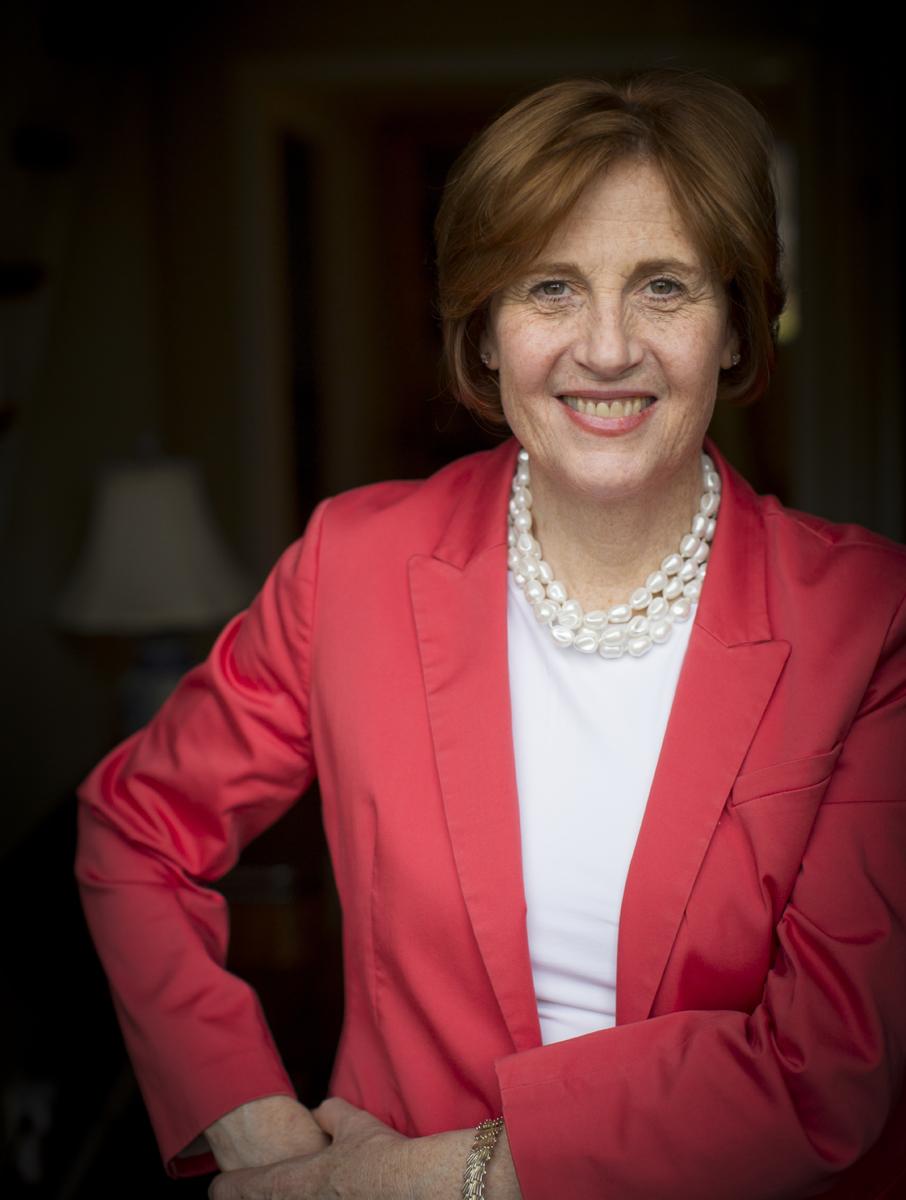
Second Act: When Balderston decided to re-enter the workforce, she got a well-timed email from Tuck Alumni Services associate director Kate Barlow about a company called reacHIRE. The Boston-based firm offers a five-week boot camp for women who want to resume their career after an extended hiatus. Balderston parlayed the reacHIRE experience into a position in human resources with Fidelity, focusing on diversity and inclusion among the technology staff.
On Tuck: “I just think the skills Tuck gives you can be applied in so many different ways,” she said. “Like the discipline of how to approach a problem and find the answer—it comes back so quickly, it’s like second nature.”
First Act: Vicki Craver, a chemistry major in college, arrived at Tuck planning to be a consultant to the chemical industry. Then she discovered Wall Street and was smitten by the combination of math and financial strategy. After a summer internship at Goldman Sachs’ fixed income department, Craver took a full-time job as a trader on Goldman’s corporate bond desk. “I wouldn’t have even known about that job if I hadn’t gone to Tuck, and I certainly wouldn’t have been a candidate for it,” she said.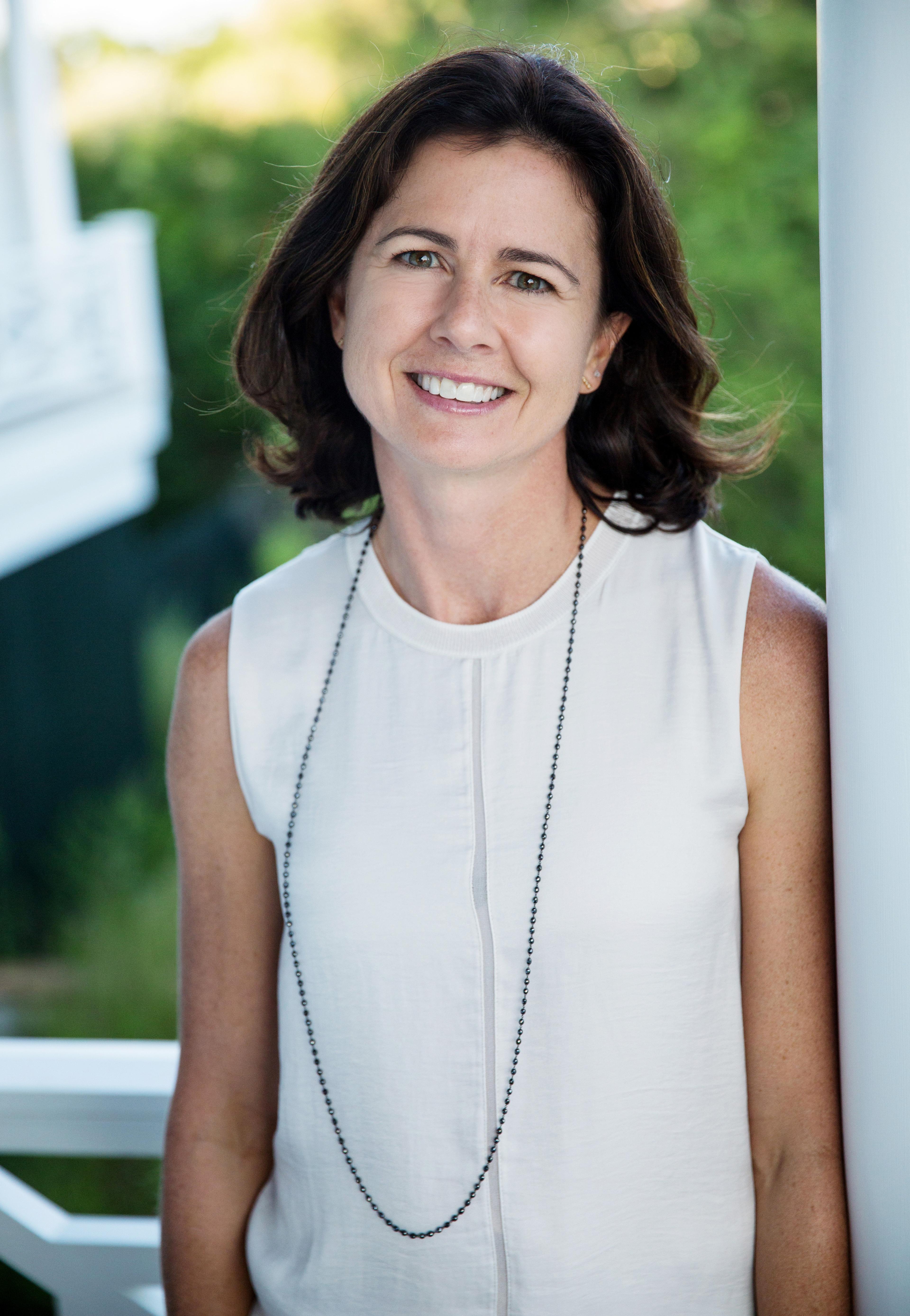
Second Act: After four years, Craver left Goldman Sachs to start a family. Last year, she and a friend founded the grant-making nonprofit, Impact Fairfield County, which allocates funds for worthy nonprofit projects in Fairfield County, Connecticut. When organizations apply for grants from Impact Fairfield County, it’s Craver’s job to help vet not only the proposed projects but also the financial strength of the applicants.
On Tuck: “In this role, I’ve gone back to so many of the courses at Tuck that I didn’t use as a bond trader, such as Management Communications and Organizational Behavior,” she said. “It’s amazing how I’m still reaping the benefits of my Tuck education.”
First Act: When Christopher Fox graduated from Tuck, he went to work for Goldman Sachs in Boston. For about 10 years, he was in security sales as a research liaison, which involved selling the intellectual products of the investment team to institutional clients.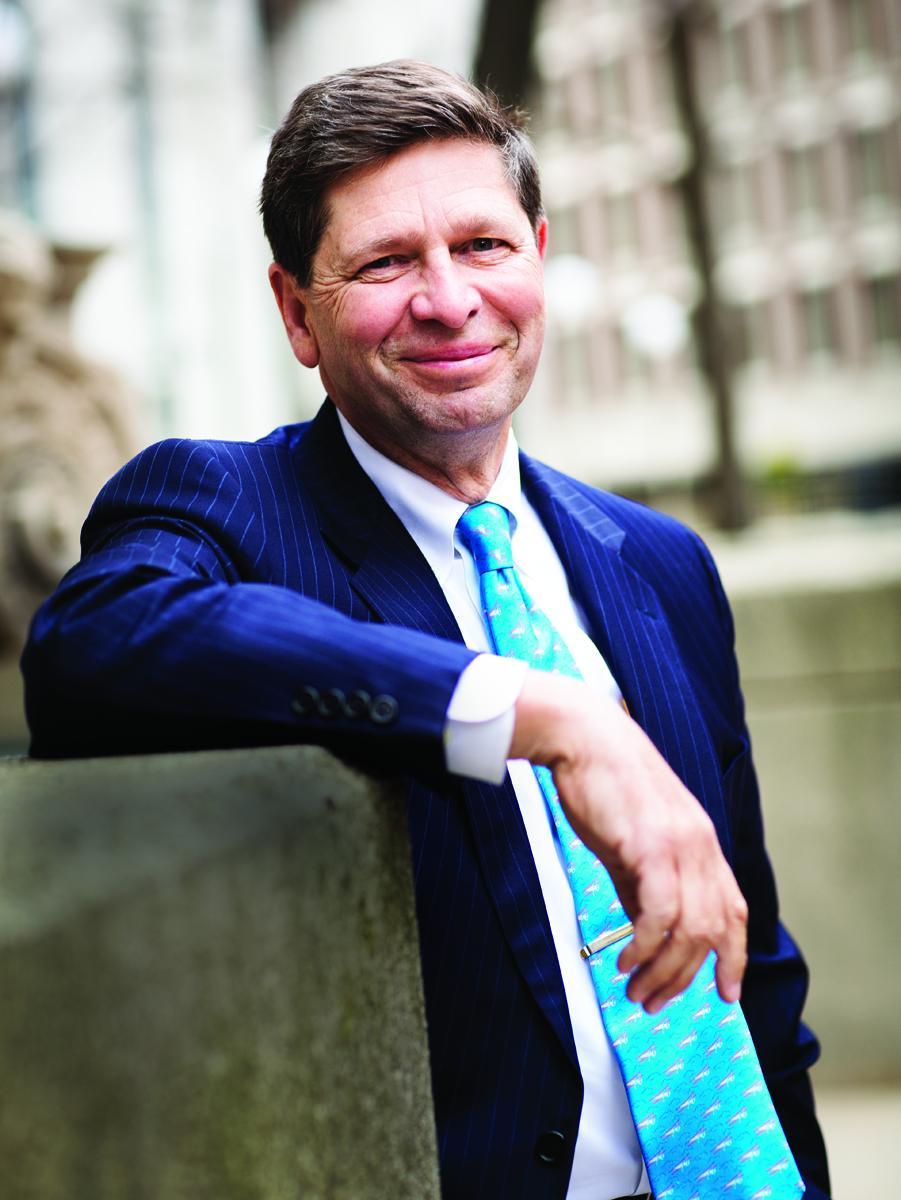
Second Act: Fox had a history of service in the public sector, most notably as a member of the Carter administration. He was drawn back to that realm because he wanted to serve his community and for the intellectual challenge. “It’s like playing three-dimensional chess, combining policy, operations, and politics.” So Fox obtained a Master’s of Public Administration from the Kennedy School of Government in 1993 and began a series of jobs for the City of Boston and the State of Massachusetts, including a stint as the chief of the Bureau of Administration and Technology for the Boston Police Department. For the past four years, Fox has been the associate court administrator for the Massachusetts Trial Court, a division with 6,400 employees and a budget of $650 million.
On Tuck: “There are different accounting standards for government, but that doesn’t mean we can’t have an orientation to trying to improve cost efficiency and effectiveness, to strive for better service standards,” Fox said. “Many of the things I learned in business school have applicability here.”
